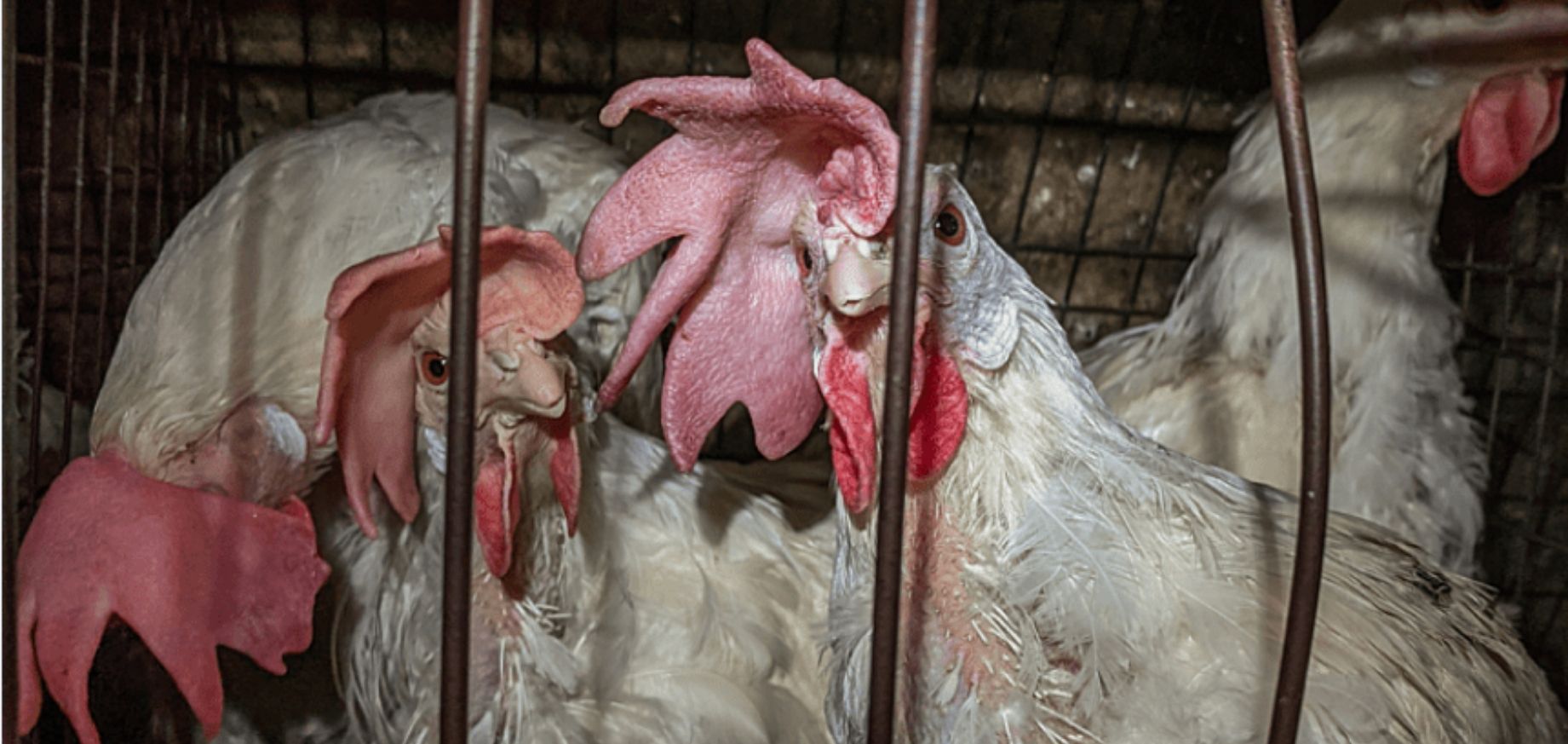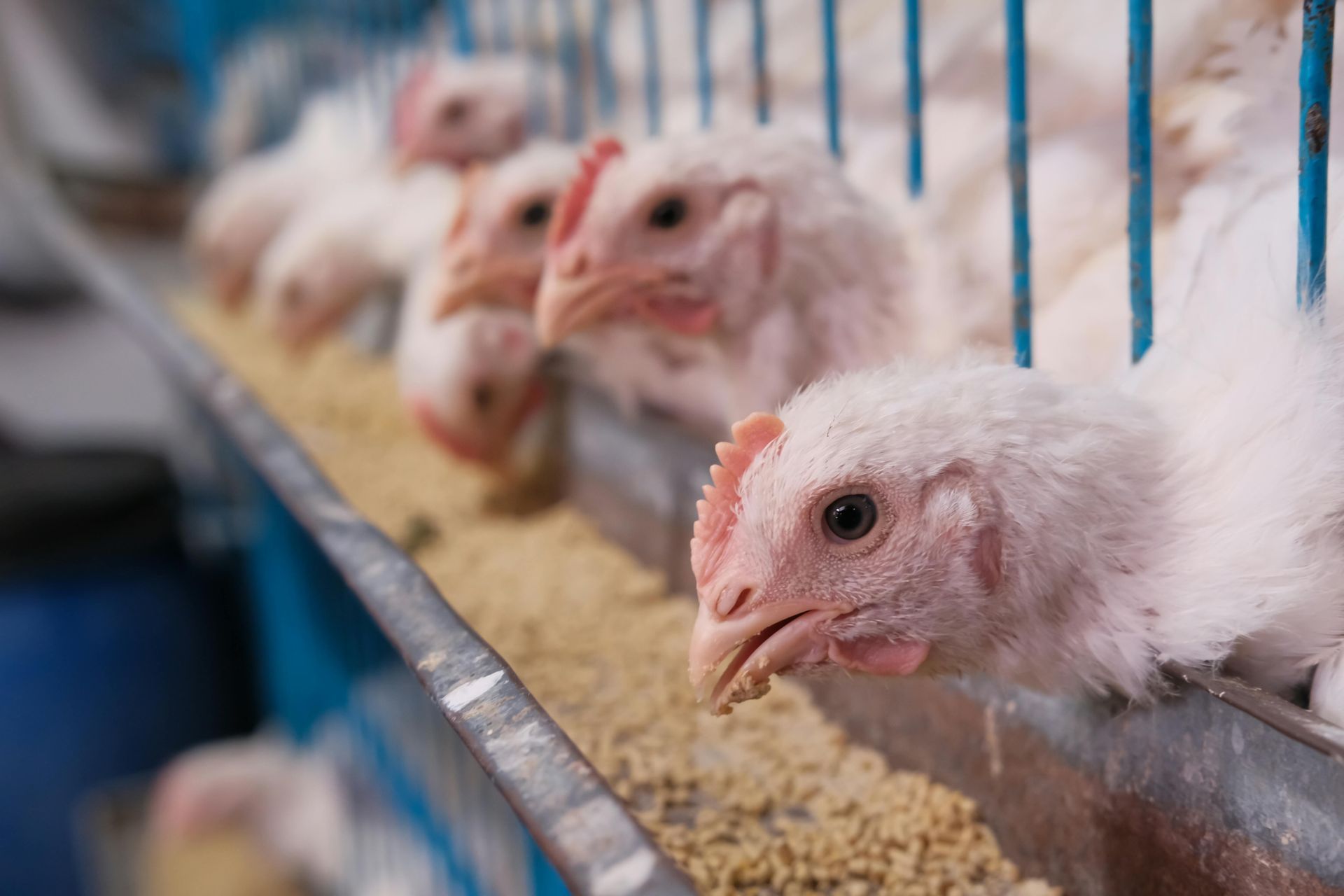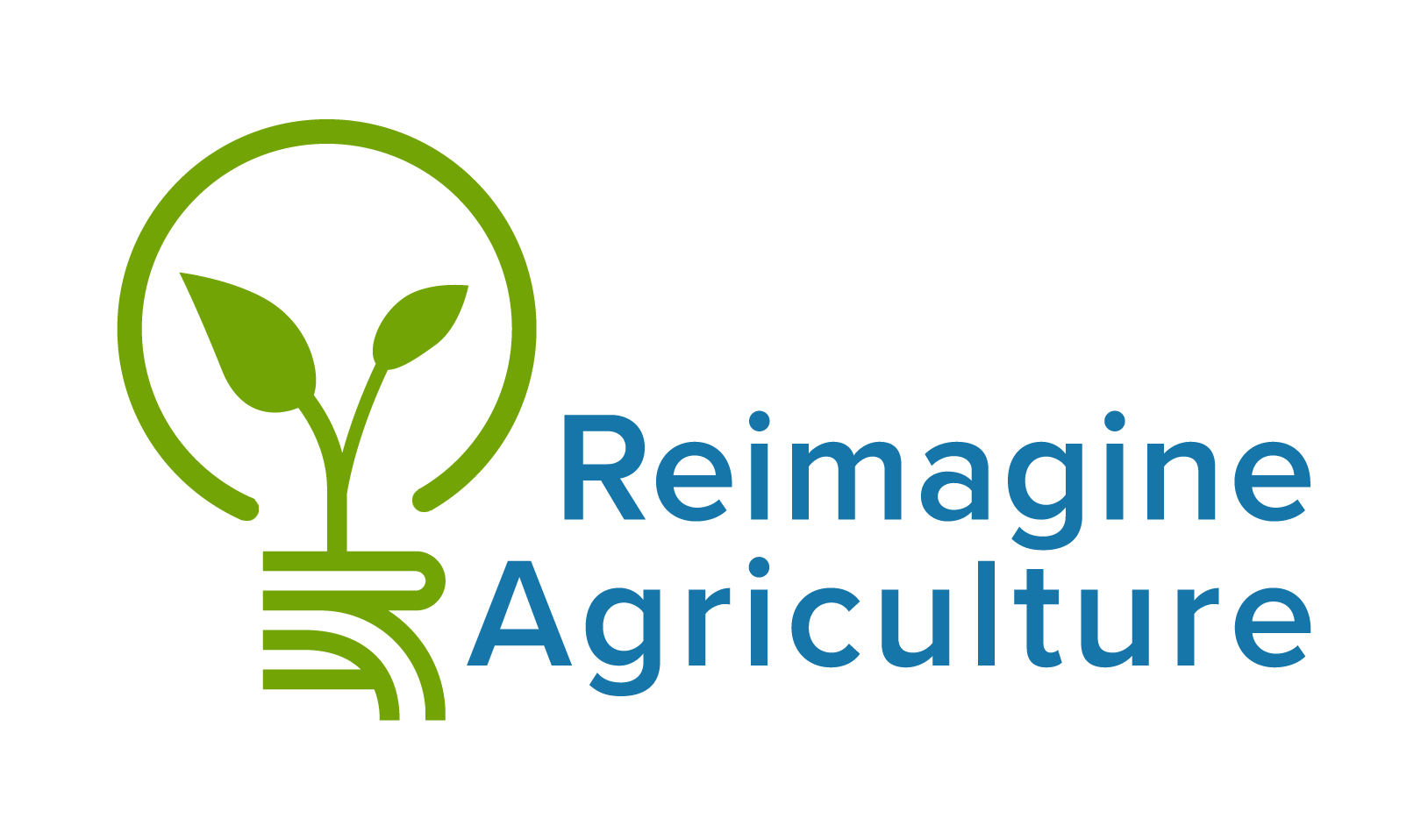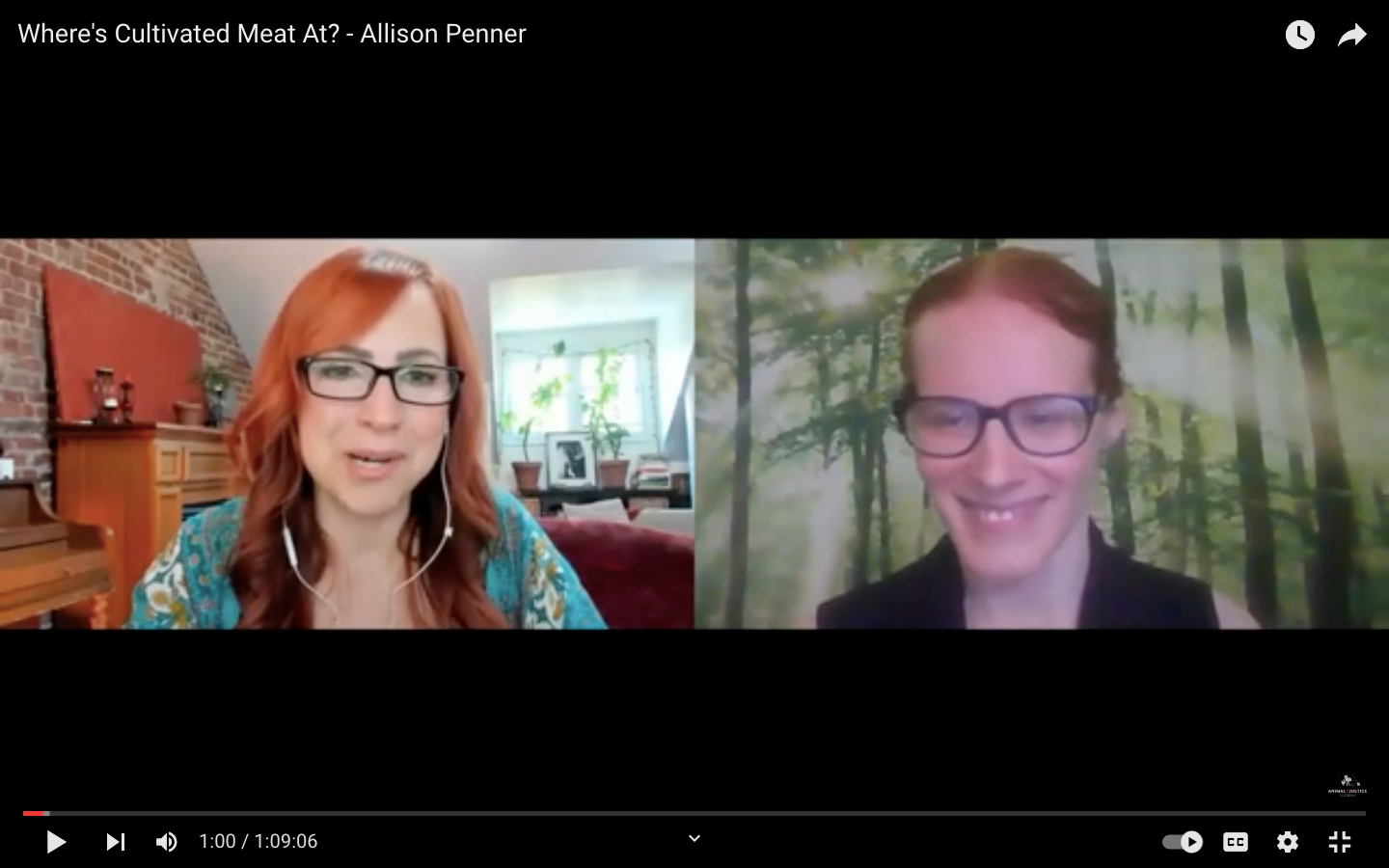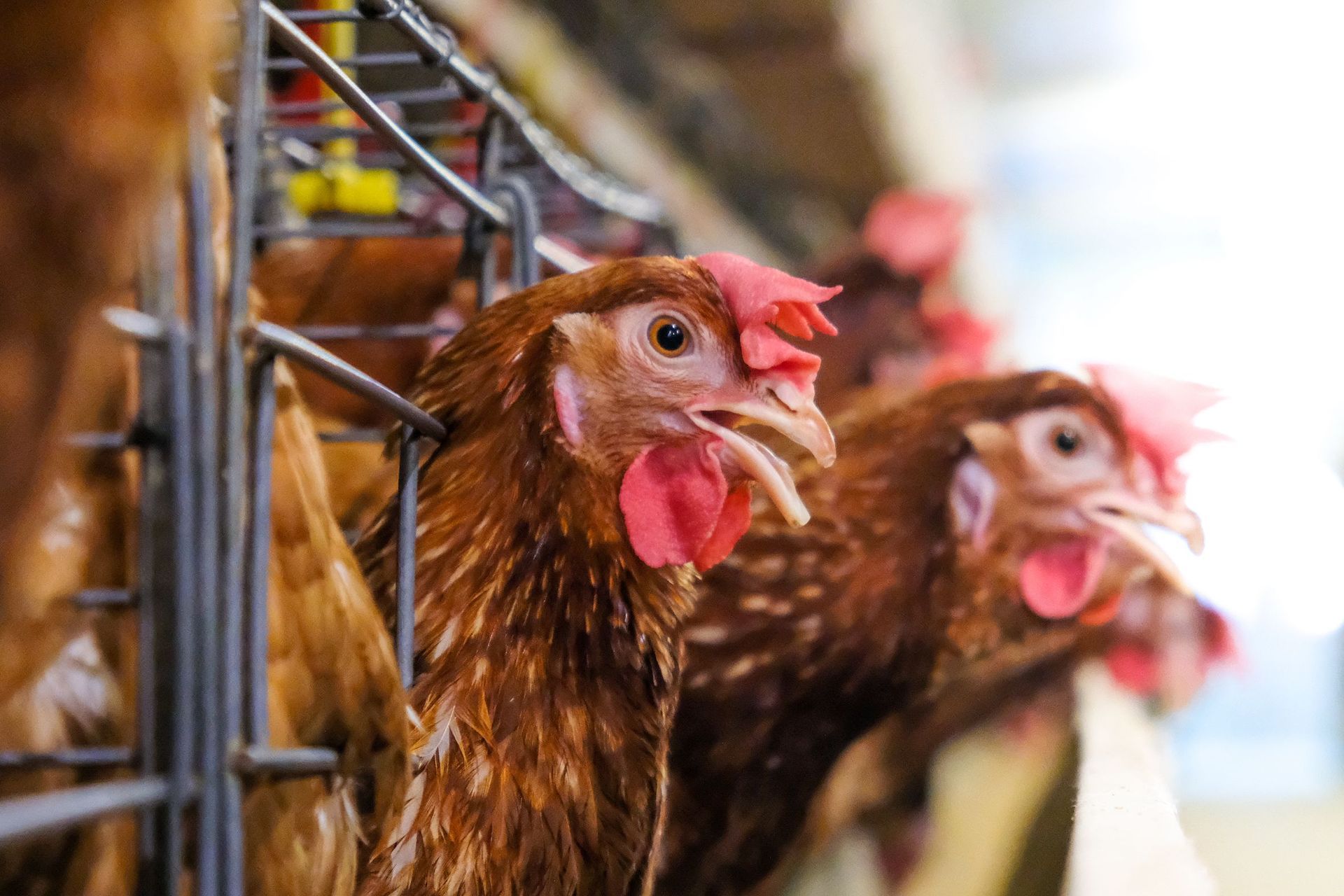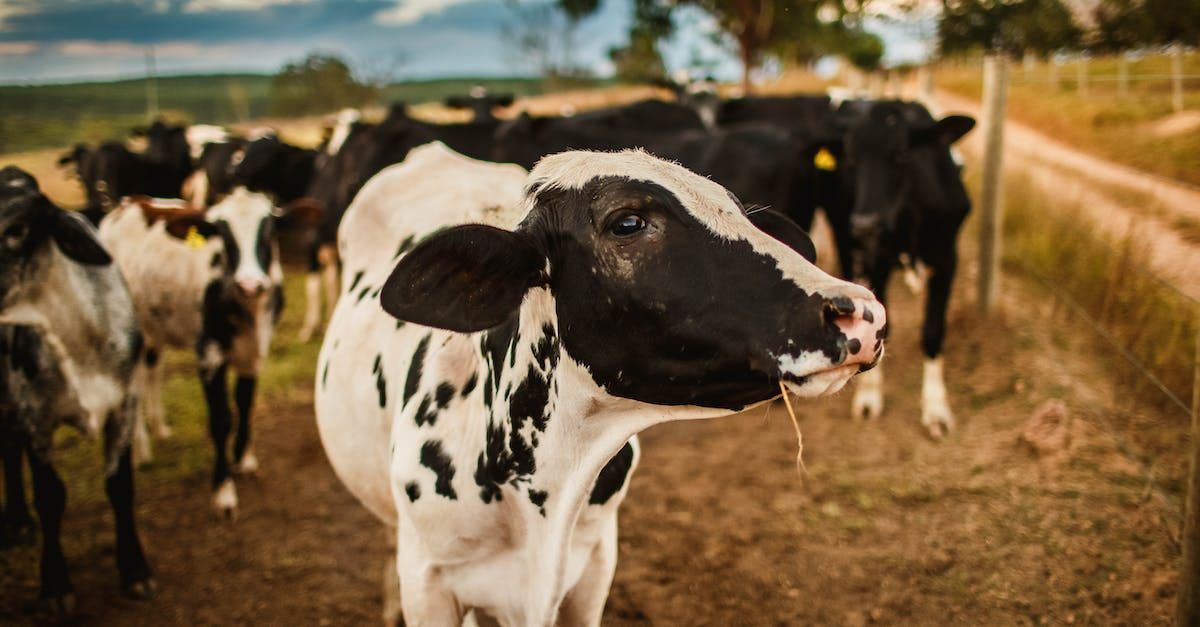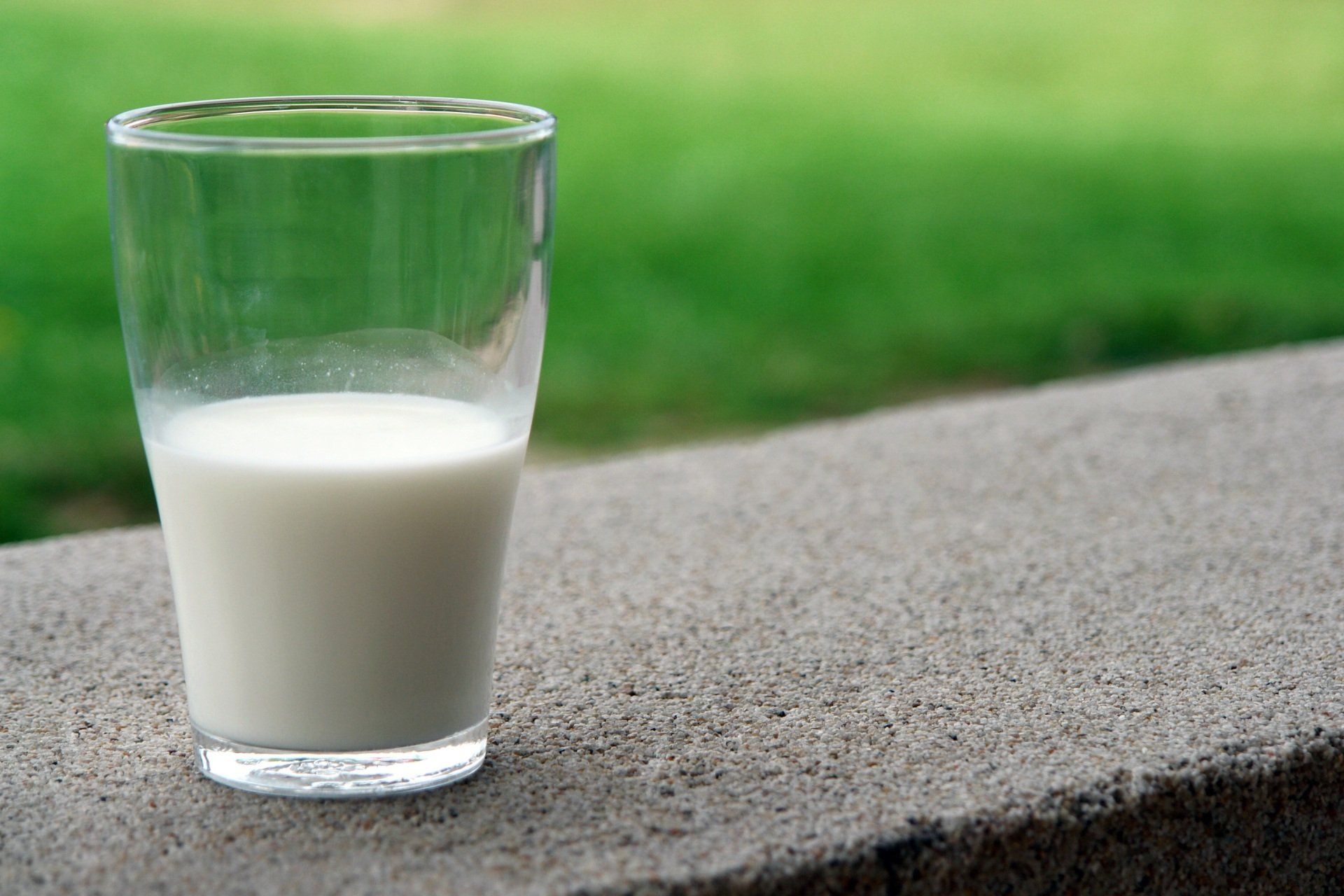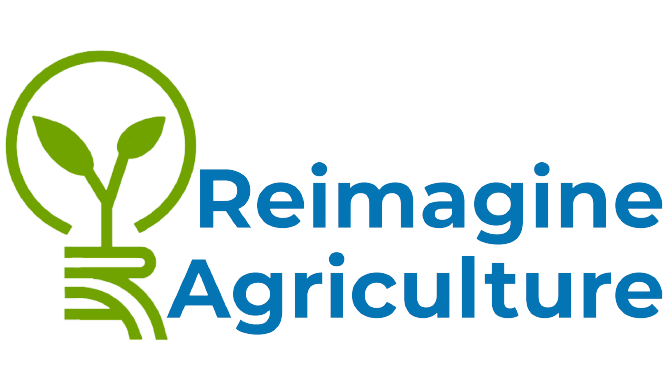Your Plant Based Food Questions Answered
Is plant-based the same as vegan? Is a plant-based diet healthy?

Is a Plant-based diet vegan? (and why are there different words for it?)
A plant-based diet predominantly consists of plants; most people use the term to refer to a 100 percent plant diet, but some people include small amounts of animal products. A vegan diet totally eliminates all animal products.
With a plant-based diet, the vast majority of food comes from plants. The term originated in the health science community, where it was more appropriate than “vegetarian” or “vegan.” First, the term is divorced from any ethical connotation; and second, it doesn’t mean “never eating meat” or “never eating animal products.” Consumption of very small amounts of animal foods can be inconsequential when speaking of the health benefits of a diet, an important nuance for science that is not captured by the term “vegan” or “vegetarian.”
For more see: https://www.forksoverknives.com/wellness/plant-based-diet-vs-vegan-diet-whats-the-difference/
Is a Plant-based diet sustainable?
Plant-based diets in comparison to diets rich in animal products are more sustainable because they use many fewer natural resources and are less taxing on the environment. Given the global population explosion and increase in wealth, there is an increased demand for foods of animal origin. Environmental data are rapidly accumulating on the unsustainability of current worldwide food consumption practices that are high in meat and dairy products. Natural nonrenewable resources are becoming scarce, and environmental degradation is rapidly increasing.
For more see: https://academic.oup.com/ajcn/article/100/suppl_1/476S/4576675?login=false
Is a Plant-based diet more expensive?
Contrary to popular belief, eating a whole food plant-based diet is not expensive. The myth that eating a plant-based diet is expensive derives from the fact that consuming processed versions of vegan foods, such as vegan brats, vegan burgers, and vegan can be very expensive. However, eating whole foods such as oats, beans, rice, in season vegetables and fruits is extremely affordable and can save you so much money.
In fact, according to a recent study in the Journal of Hunger & Environmental Nutrition (Flynn & Scheff, 2015), meat-eaters can save $750 a year by simply switching to a plant-based diet. The study compared U.S. Department of Agriculture weekly meal plans, which included meat, with plant-based meal plans. Of the two plans, both totaling 2,000 calories per day, the vegetarian diet cost less.
But the cost savings of a plant-based diet don’t stop at the checkout line. The study found that the vegetarian diet provided 25 more servings of vegetables, 14 more servings of whole grains, and eight more servings of fruit per week. These plant-based foods have been shown to fight obesity, heart disease, diabetes, breast, prostate, colorectal cancers, and other chronic diseases that can cost you tens of thousands of dollars over a lifetime in medical care.
A few tips for adopting a plant-based diet:
- Make sure to shop seasonally when it comes to produce and buy frozen fruits and vegetables when they’re cheaper than fresh.
- Look for dry essentials in bulk, like flours, beans, pastas, and nuts.
- Batch cook essentials like beans, rice, and eat leftovers or freeze for future meals.
- Plan your meals. I always spend the most money on groceries when I enter the store without a plan.
- And lastly, consider the cost of health-related problems over time as much chronic disease is due to lifestyle factors, especially poor diet.
For more see: https://pbnm.org/blog/is-vegan-food-more-expensive/
Is a Plant-based diet safe?
Healthy eating may be best achieved with a plant-based diet, which we define as a regimen that encourages whole, plant-based foods and discourages meats, dairy products, and eggs as well as all refined and processed foods. We present a case study as an example of the potential health benefits of such a diet. Research shows that plant-based diets are cost-effective, low-risk interventions that may lower body mass index, blood pressure, HbA1C, and cholesterol levels. They may also reduce the number of medications needed to treat chronic diseases and lower ischemic heart disease mortality rates. Physicians should consider recommending a plant-based diet to all their patients, especially those with high blood pressure, diabetes, cardiovascular disease, or obesity.
For more see: https://www.ncbi.nlm.nih.gov/pmc/articles/PMC3662288/
To eat more plant-based foods, you don’t necessarily need to completely switch to a vegan or vegetarian diet. For many of us, just making a conscious effort to eat less processed foods and more plant-based foods on a daily basis will do wonders for your health and risk of heart disease.
If you do choose to eat a vegan or vegetarian diet, just be mindful that it can take more planning to get all of the essential nutrients you need. You especially need to consider protein, iron, zinc, calcium (if you are excluding dairy) and vitamin B12 (if you are excluding all animal products). You may need to consider fortified foods or supplementation (particularly B12 for vegans).
For more see: https://www.heartfoundation.org.nz/about-us/news/blogs/plant-based-diets
Is Plant-based meat healthy? / more healthy than meat?
Plant-based meat is generally thought to be healthier. It’s a natural source of iron, with just one Impossible Burger providing 25 percent of the daily recommended value of iron. Comparatively, beef-based burgers can increase your risk of cancer, heart disease, hypertension, type 2 diabetes, and other diseases, according to the American Dietetic Association.
Ultimately, a plant-based diet is the better option. As long as you are eating healthy vegetables, fruits, and whole grains daily in addition to implementing plant-based meats in your diet, a plant-based lifestyle is the healthier option.
For more see: https://www.greenmatters.com/p/plant-based-meat-healthy
Is Plant-based meat sustainable?
According to a report from the Good Food Institute, in comparison to conventional beef, an Impossible Burger reduces greenhouse gas emissions by 89 percent.
The Frontiers in Sustainable Food Systems study found that plant-based meat’s greenhouse gas emissions were 34 percent lower than farmed fish, 43 percent lower than poultry, 63 percent lower than pig, 87 percent lower than beef from dairy cows, and 93 percent lower than beef from beef herds.
For more see: https://www.rd.com/article/plant-based-meats/
Which Plant-based milk is best for the environment?
We actually have a whole blog post on this! You can find it here
What Plant-based milk tastes like cow’s milk?
Oat milk is one of the creamier options that tastes like cows milk! Soy milk is another great option, with a high-protein content like cow’s milk. Cashew milk is another great option that also taste smooth and creamy!
For more see:
https://www.goodhousekeeping.com/uk/food/food-reviews/g36416480/best-dairy-free-milk/
What Plant-based foods have complete proteins?
So, what makes a protein complete? It depends on whether it has all 22 amino acids. Amino acids are the basic building blocks of protein. Our bodies naturally produce 13 amino acids, but the nine others need to be sourced elsewhere.
“A protein is considered ‘complete’ when it has nine essential amino acids in somewhat equal amounts,” says Meagan Ballard, a registered dietitian at INTEGRIS. “Essential amino acids are those that cannot be made by the body and therefore must be eaten in our diet.”
Complete sources of PB protein include: Quinoa, Soy, Buckwheat, Hemp, Chia seed, Spirulina, Tempeh, Amaranth
For more see: https://integrisok.com/resources/on-your-health/2017/november/how-to-eat-complete-proteins-in-vegetarian-and-vegan-diets
What Plant-based foods are high in protein?
Some of the best sources of plant-based protein include soy (tofu, tempeh, edamame), lentils, peanuts (avoid if allergic), almonds, spirulina, quinoa, mycoprotein (available in US and UK), chia seeds, hemp seeds, rice and beans (together), potatoes, protein-rich vegetables (i.e., broccoli, kale, mushrooms), seitan, Ezekiel bread.
For more see: https://www.medicalnewstoday.com/articles/321474#15-best-vegan-proteins
